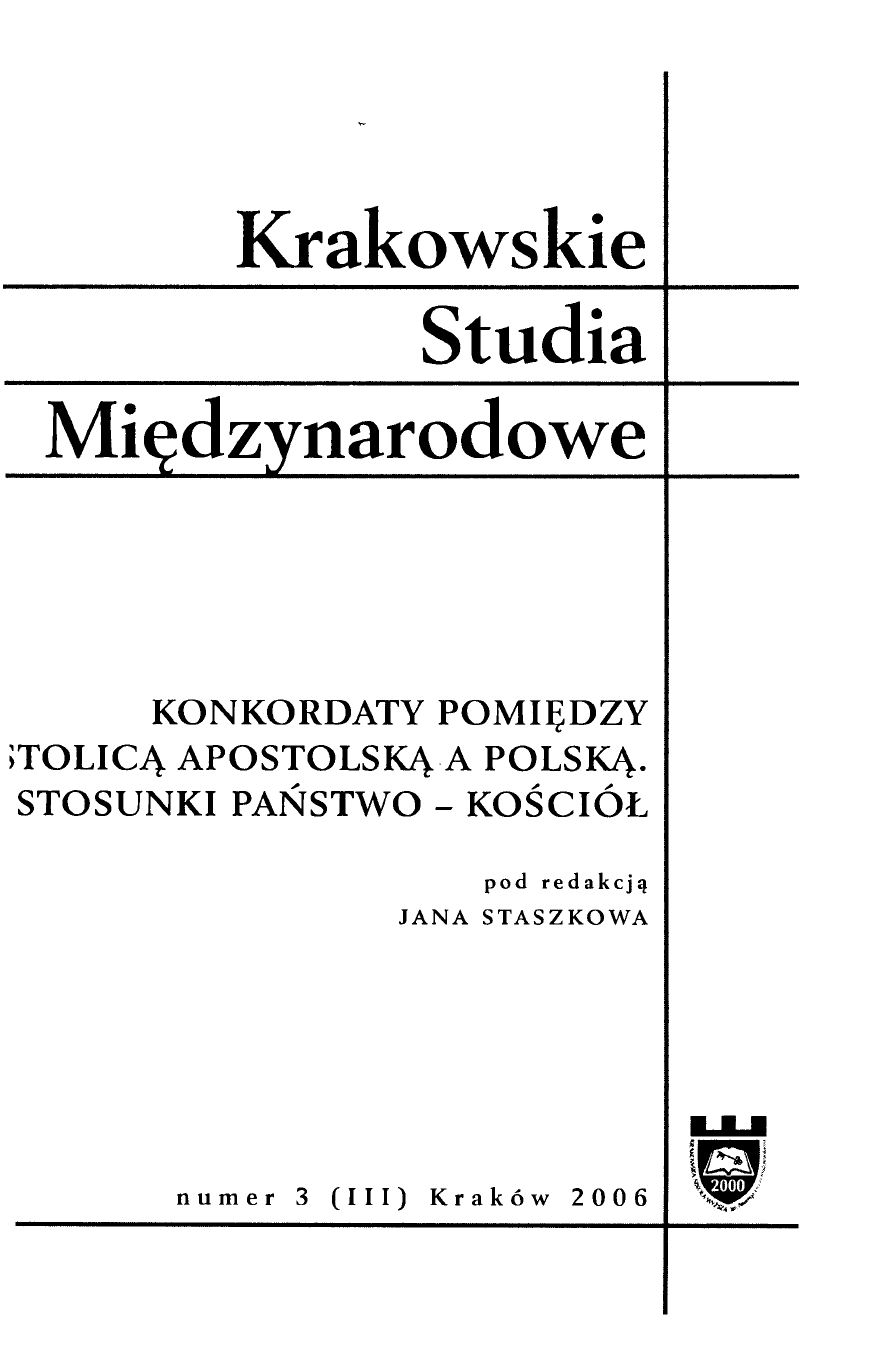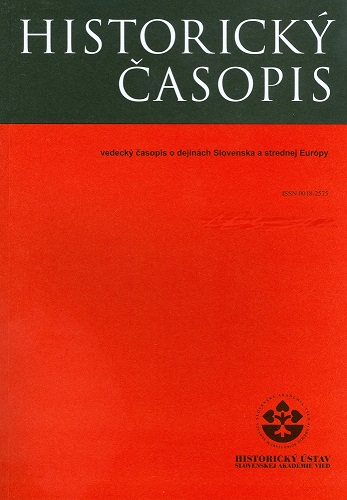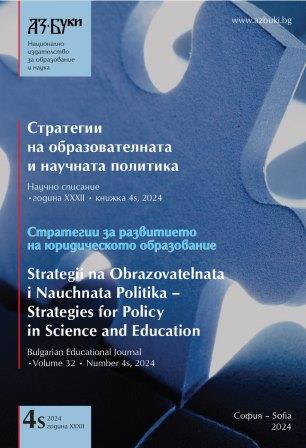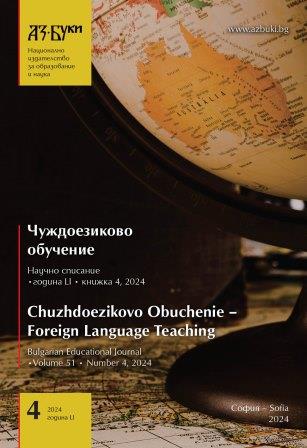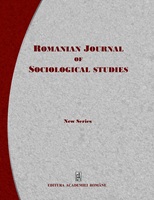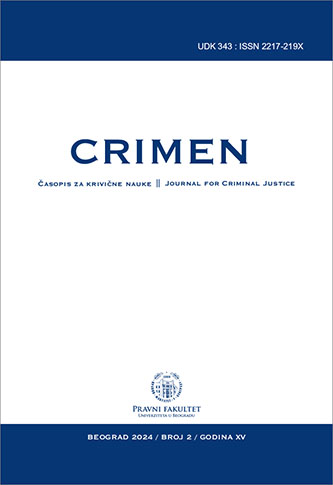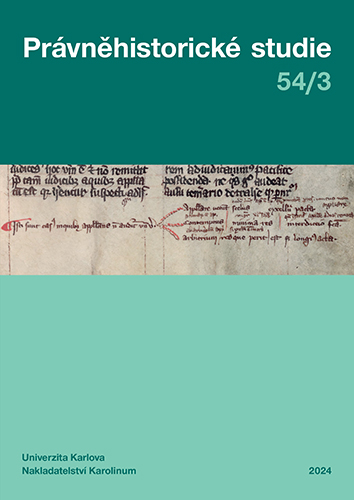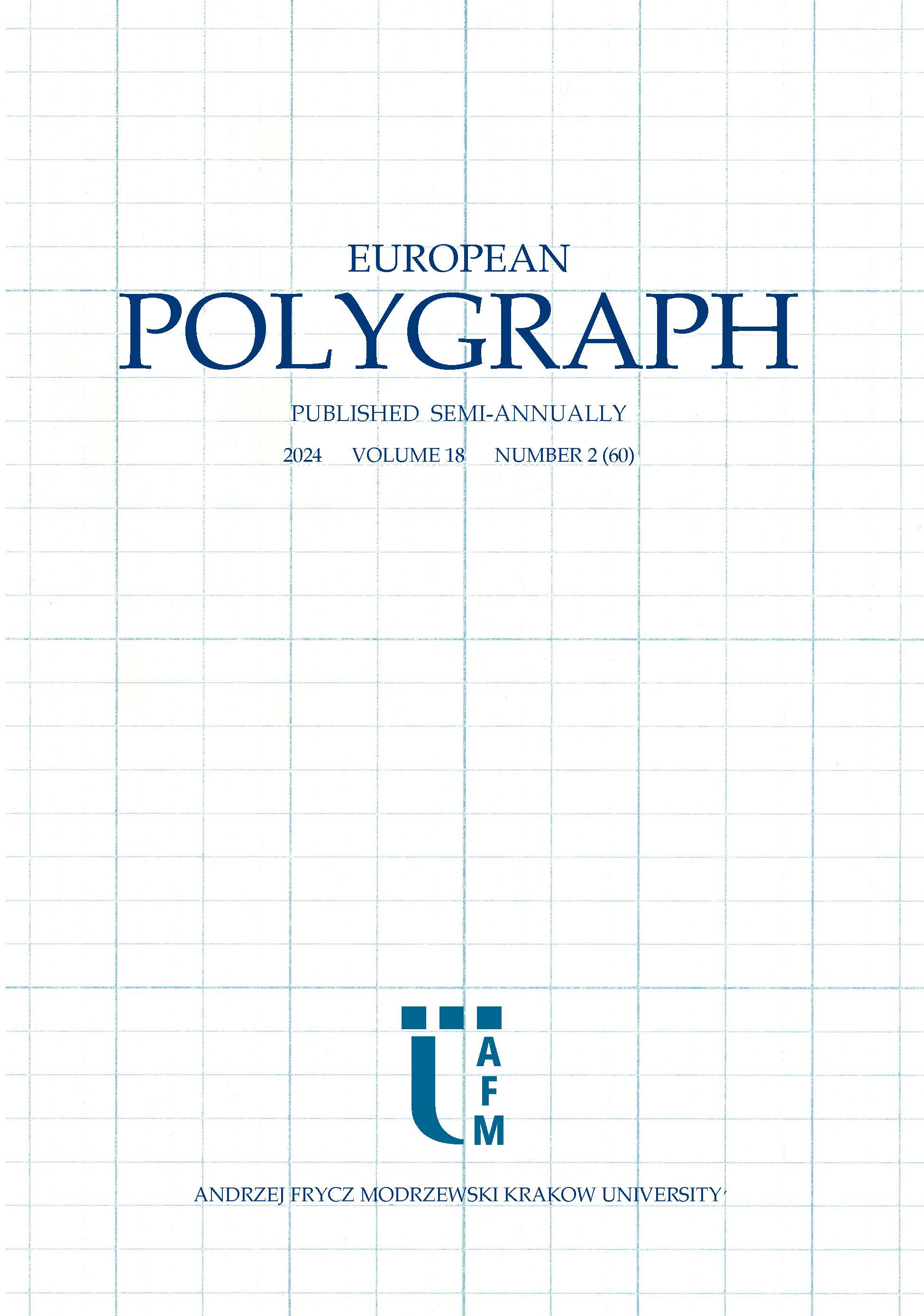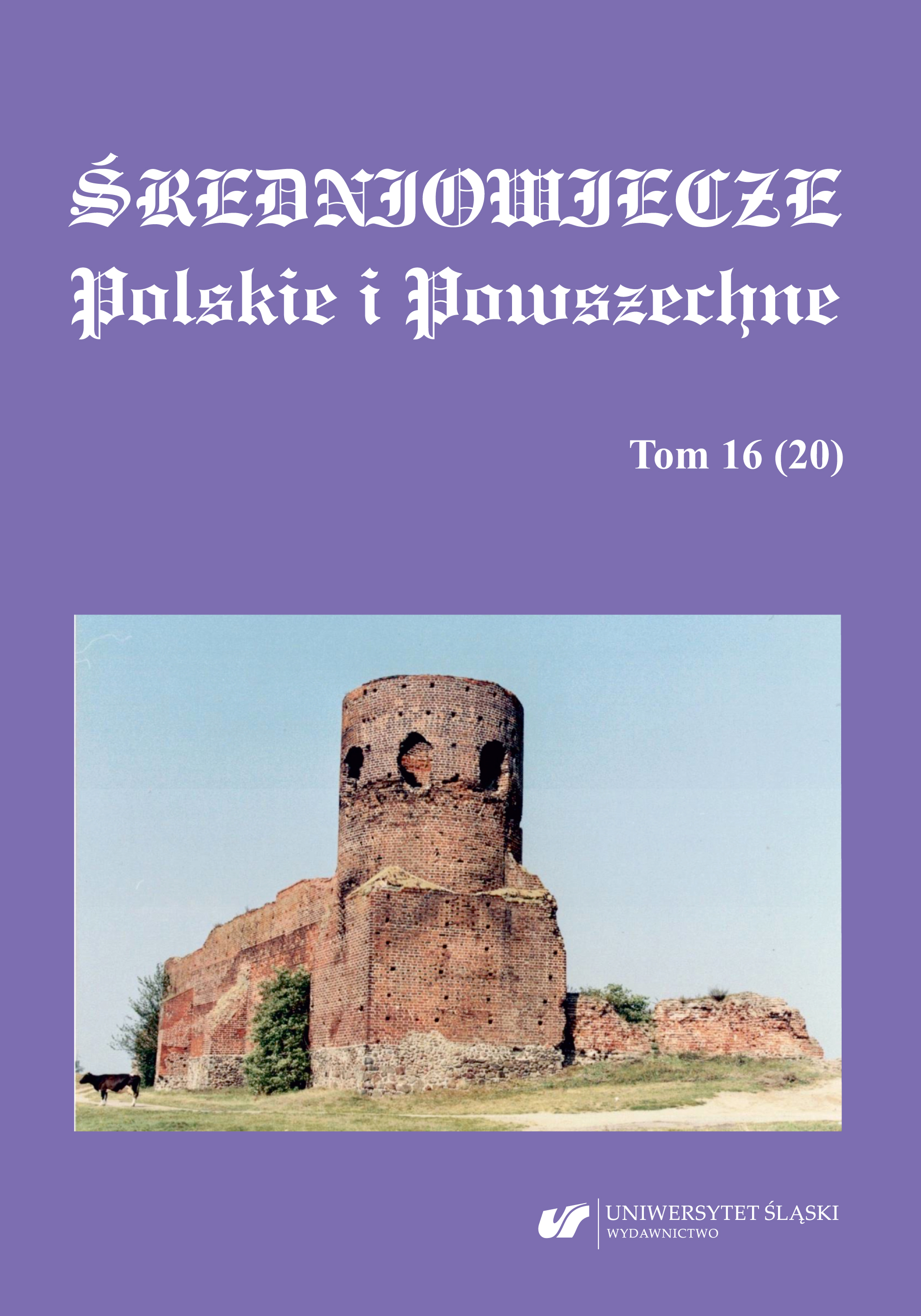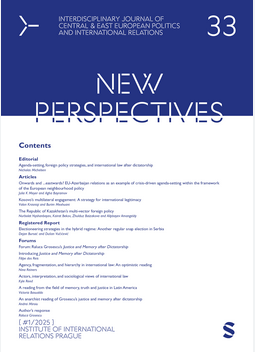Author(s): Miroslav M. Popović / Language(s): Serbian
Issue: 2/2024
The understanding of alcoholism as a medical and social problem dates back to the 19th century, both in Europe and in North America. Modern states have begun to sanction this phenomenon through social institutions, with the ultimate goal of creating a “better” society. In Serbia, one cannot talk about recognizing alcoholism as a problem in the full sense, as it has in modern European countries. When it comes to the context of the Principality of Serbia in the first decades of the 19th century, the term “excessive drinking” should be used rather than “alcoholism”. Alcoholism implies a disease of addiction, as a term that was created later, although it had its predecessors. Since we do not have empirical research on the extent to which alcohol consumption has become an addiction in the Principality of Serbia, we should be cautious. Alcohol consumption was more of a widespread way of everyday life, but we cannot say with certainty to what extent we can talk about excess and to what extent about the frequency of consumption. It can be discussed about the condemnation of drunkenness, both by the state authorities and by compatriots. Prince Miloš did not tolerate drunkards, he did not forgive them for drinking alcohol and mischief, he made fun of them cruelly, which resulted in deaths. Also, the state enacted measures against “vagrants”, moving at night without lanterns, staying in bars and taverns after a certain time of day. Night patrols were introduced to monitor idlers, drunkards who gathered in taverns and taverns and were potential miscreants. Thus, inns and taverns became places that represented the sources of criminal activities and immoral behavior. First of all, there were complaints against village priests, teachers and princes who indulged in drunkenness, that is, among the higher and more respectable layers of Serbian society. And ordinary people, men and women, were prone to drunkenness, in the everyday context, which led to domestic violence, which was sanctioned by corporal punishment. Misdemeanors that arose in the context of inns, in the form of fights, confrontations, swearing and similar inappropriate behavior, were punished in the same way. It is a commonplace that, as foreign observers noticed, brandy was cheap and easily available, that it was consumed in large quantities, as medicine, food and pleasure, and complete sobriety was not considered healthy among the people. On the other hand, exaggeration in drunkenness was not approved by the people, as evidenced by the rather rigorous folk customs used to wean drunkards off their addiction. Foreign travel writers emphasized the harmfulness of brandy for the Serbian nation, due to the presence of unhealthy substances in it, which also affected the appearance of Serbian residents. The state and Prince Miloš strove to suppress the increase in the number of inns, so a decrease in their number can be observed in the last years of the first reign of Prince Miloš. It can be said that the Serbian state followed European trends in the suppression of alcoholism through state institutions, although this was probably not part of an organized and planned long-term state policy, but rather a reflection of the understanding of Prince Miloš and the Serbian authorities that there are pressing problems in the Serbian state, whose further encouragement it was not in the state’s interest. Certainly, the culture of consuming alcoholic beverages has remained dominant in Serbia until today, distinguishing the contexts that people introduce themselves. Thus, brandy was used for medicinal purposes, since there was a belief, partly scientifically based, in the beneficial effects of brandy on human health, which are mostly short-lived. As a food, brandy was considered to strengthen before greater physical efforts, as a source of strength and energy. Of course, brandy was a pleasure, associated with the socializing of men and the rituals related to the daily visit to a tavern or inn, as a place of drinking, but also of social life, where public and political discussions were held and public opinion was formed.
More...


